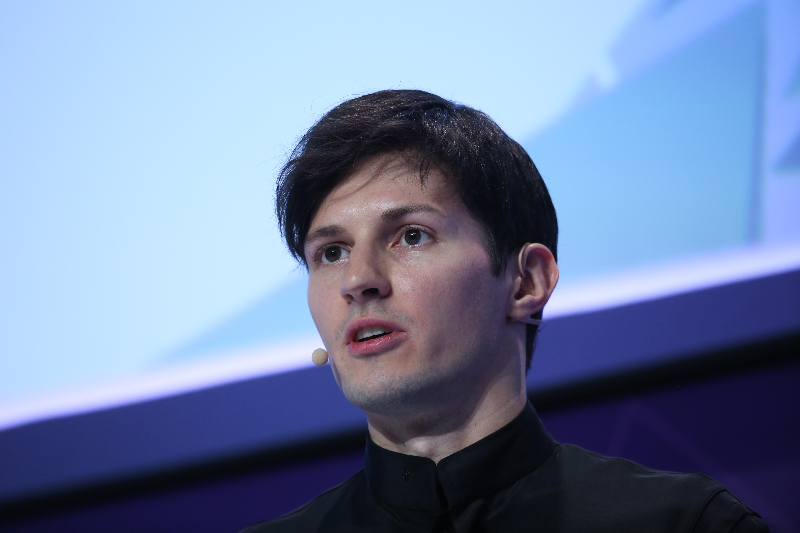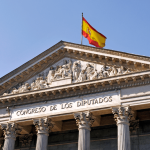
telegram ceo pavel durov’s detention extended in france
Pavel Durov, aged 39, founder and director general of the popular messaging service Telegram, was taken into custody at the Paris airport. According to AFP news agency, quoting an anonymous source close to the investigation, French authorities decided to extend the initial placement in custody, thereby allowing the police to detain Durov for questioning for as long as 96 hours or to formally charge him.
The arrest of Durov took place while he was on his private jet from Azerbaijan. Information from sources showed that the French arrest warrant was issued against him as part of a preliminary investigation.
Allegations and Investigation
OFMIN, a French agency for combating violence against minors, is spearheading the ongoing investigations regarding these allegations regarding Durov. The supporting spectrum of alleged crimes that these allegations involve includes a number of things: fraud, drug trafficking, cyberbullying, organized crime, and the promotion of terrorism.
The main allegation against Durov is that he did not manage to stop the use to which Telegram was to be put. According to French media sources—TF1 TV and the BFM TV—again, he meant not to have regulated any content if at all there was any, on his troubled platform.
Telegram’s Response
Telegram reacted to the arrest, defending both Durov and the platform with these very words:
“Pavel Durov has nothing to hide and travels frequently in Europe. Telegram abides by EU laws, including the Digital Services Act — its moderation is within industry standards. It is absurd to claim that a platform or its owner are responsible for abuse of that platform.”
It, therefore, underlines the conformity of Telegram with the requirements of the European regulations and completely debunks the idea that Durov himself, or the company, can be held liable for the misuse made possible by the app some of its users make.
Keep Reading
Diplomatic Tensions
The arrest has caused some diplomatic tension, especially from Russia. The Russian embassy in France has asked for consular access to Durov and said his rights had to be protected. A telegram from the Russian state news agency, TASS, has reported that the embassy said France had so far shunned engagement on the matter. Russian diplomats have reportedly already been in touch with Durov’s lawyer.
How Big is the Stake of Telegram in Global Affairs?
With almost a billion users, Telegram has grown to become a paramountly useful platform for the sharing of information. This is specifically within the context of the war happening between Russia and Ukraine. The outline points can be listed as follows:
– In 2013, the App was developed in Russia by Pavel Durov and his brother.
Durov left Russia in 2014 to settle in Dubai after he had searched several places that he thought he could use.
– Telegram has emerged as a leading platform for open-source, and often gory, posts from across the warring sides of the Russia-Ukraine conflict.
– High-profile users seeking shelter on the encrypted app have included Ukrainian President Volodymyr Zelenskyy and various Russian and Ukrainian officials.
International Concerns and Reactions
Security and data privacy-related concerns about Telegram were raised by different European countries, including France. There has been a strong reaction to the arrest:
• Mikhail Ulyanov, Russia’s permanent representative to the UN in Vienna, accused France of behaving like a “totalitarian” society.
• Some Russian bloggers called for protests outside French embassies worldwide.
• Tech billionaire Elon Musk stated his opposition to the arrest in a post on social media platform X.
Durov’s Complicated Relationship with Russia
There, according to Ben Aris, the editor-in-chief of bne IntelliNews, Durov is struggling as well. – The young man refused to give up the encryption keys to the Kremlin for an eye on reading private messages on Telegram. In response, Russia began blocking Telegram in 2018.
Aris speculated that Durov’s recent presence in Azerbaijan, where Russian President Putin had also been, might be related to lobbying efforts to lift the block on Telegram in Russia.
As events develop, so too are the tech and diplomatic communities watching closely. The case raises really fundamental questions about the responsibility of platform owners and how far free speech extends, and how safety security concerns can be balanced with user privacy in a digital age.









